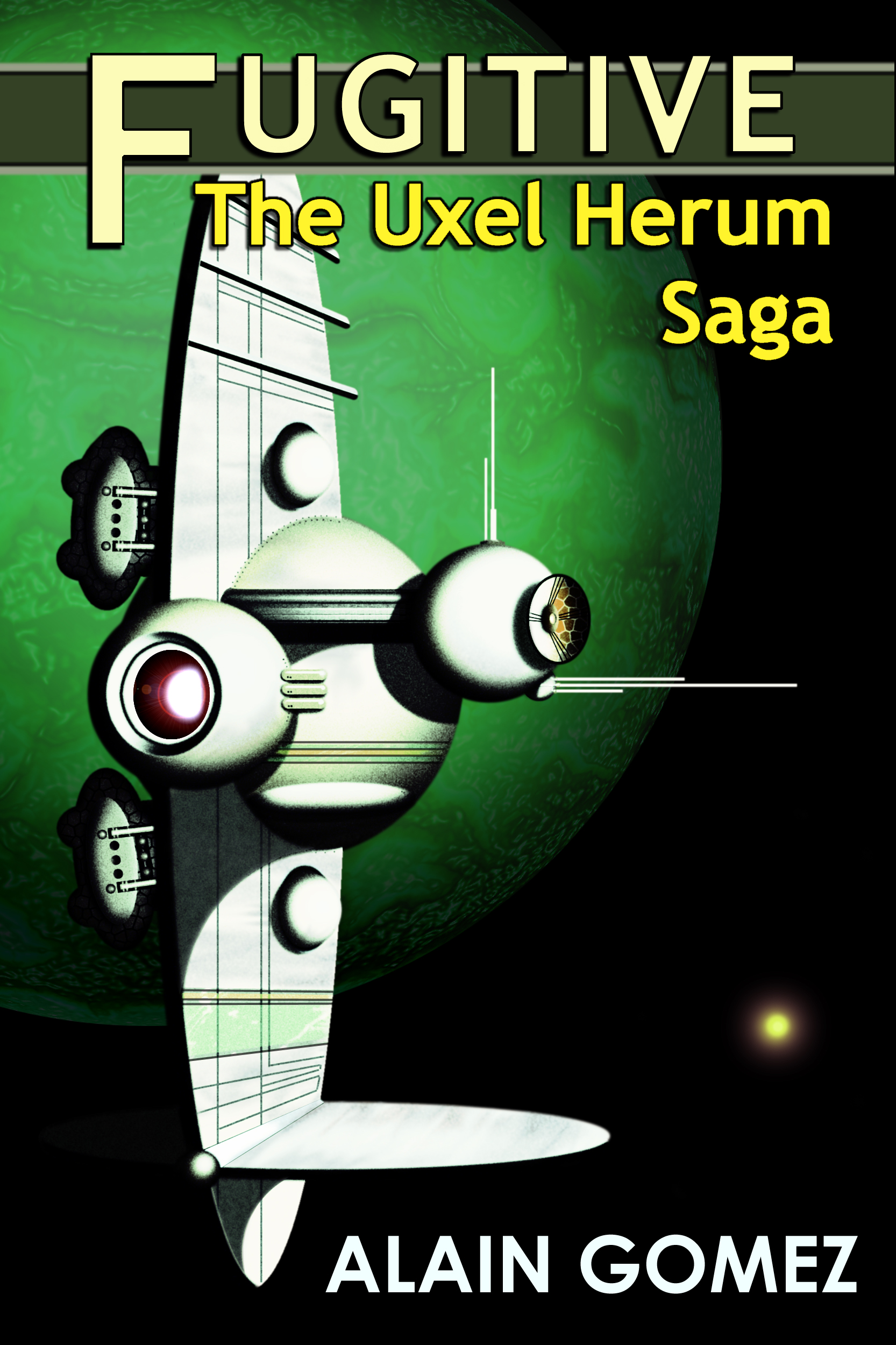Genre: Military, Historical Romance
Type of Short Story: Novella
Summary: Meghan Danahy isn’t afraid to voice her opposition to the war in Vietnam. And when she falls in love with Dennis Kipphut, the political becomes personal. With his low lottery number, Dennis is sure to be drafted as soon as he graduates from college.
Meghan’s father’s connections can help keep Dennis safely at home. But Coyle Danahy wants his daughter to marry the son of a banker or a professional man, not the son of a night watchman. Seeing Dennis drafted seems like the perfect solution to end the relationship. Confident that it will play out as he hopes, Coyle underestimates just how far Meghan will go to protect the man she loves.
Excerpt:
Meghan Danahy met Dennis Kipphut at an anti-war demonstration in the fall of 1969. Over five hundred students had congregated on the Broad Street side of the university, blocking the main entrance, to protest the Vietnam War. The roadway leading out of the school was plugged with cars, and traffic had started to back up on Broad Street. Gray-uniformed university policemen had surrounded the demonstrators, shouting into bullhorns to dispel the crowd. “Hell, no, we won’t go!” the students shouted, unwilling to concede an inch of ground.
Neither Meghan nor Dennis were participating in the demonstration. Meghan had just left the library and, attracted by the noise and the placards bobbing above the sea of students, had started to walk across the sloping lawn toward the crowd. Sirens from city police cars pierced the air. The chanting grew louder, as rhythmic as a heartbeat. “Hell, no, we won’t go! Hell, no, we won’t go!” Spurred by the insistent cries, Meghan started to run, unaware of a tall, strapping youth trotting behind her. Dennis Kipphut was also in a hurry. It was four fifty-five, and he wanted to catch the South Mills bus that would be stopping on Broad Street at five o’clock. He eyed her buttocks straining against her tight jeans and her dark brown hair swinging freely down her back, catching amber light from the late afternoon sun, and ran faster hoping to get a glimpse of her face before he veered left to the bus stop.
Meghan was near the fringe of the demonstration when the police riot squad alighted from their cars carrying gas masks. “Tear gas, the pigs have tear gas!” someone shouted. The chanting stopped and the crowd splintered, spilling in all directions over the lawn like a broken egg. Before she knew what hit her, Meghan was lying on the grass, dazed.
“Are you all right?” Meghan’s eyelids fluttered. “Are you all right?” a bass voice repeated. She blinked, trying to focus. There was a red plaid shirt directly above her. “You better not move for a few minutes.”
She had gone down almost directly in front of Dennis. He had immediately fallen on his hands and knees, using his body to protect her from students running blindly from the riot squad, although tear gas hadn’t been used.
“What happened?” she asked, pushing herself up on her elbows. Her eyes were wide open; they were green and had yellow flecks in them like miniature suns.
Dennis sat back on his heels. “You were whacked on the head—a two-by-four from a sign someone was carrying.”
“What did the sign say?” Meghan asked, tentatively touching a throbbing spot on the side of her head behind her right ear. It was tender and had started to swell.
“Bomb the Pentagon, I think,” Dennis said.
Meghan laughed, confirming Dennis’ instinctive decision to stay with her. Although she couldn’t be called beautiful—she had a stubborn chin and her cheeks, which were as round as a child’s, were splashed with freckles—her face was strong, and her smile generous and disarming. “I would have liked it better if they had gotten the Pentagon,” she said, struggling to get up.



